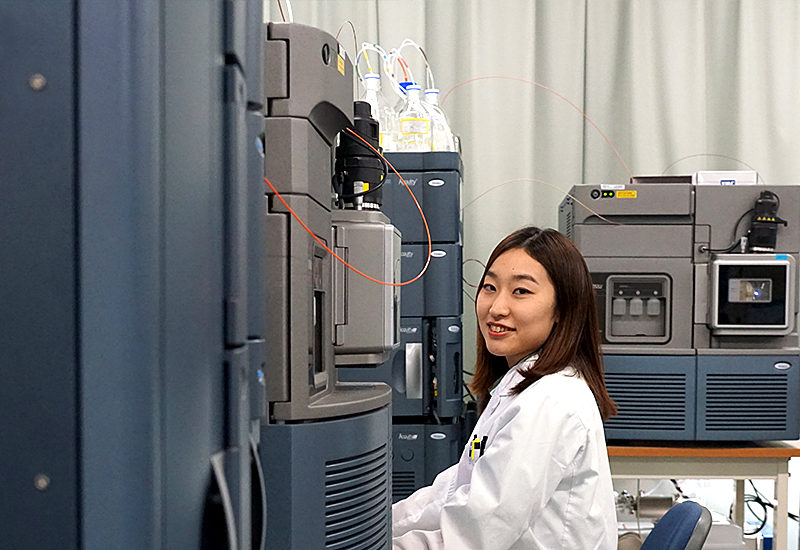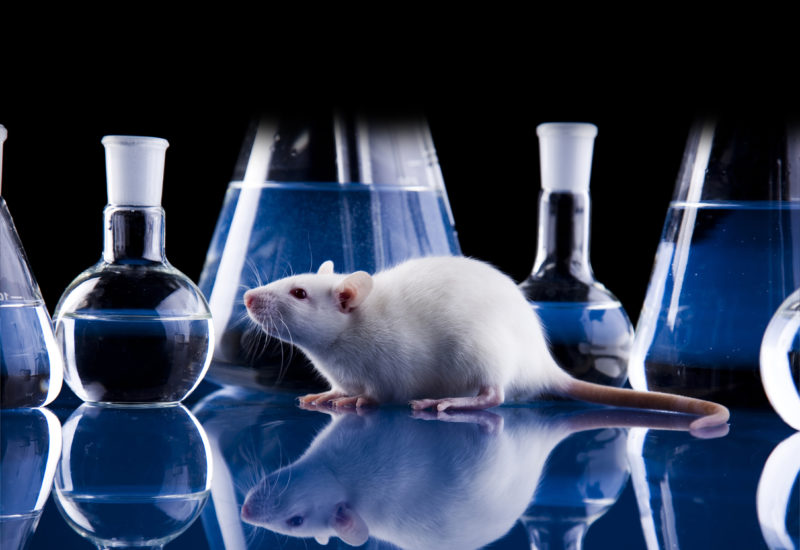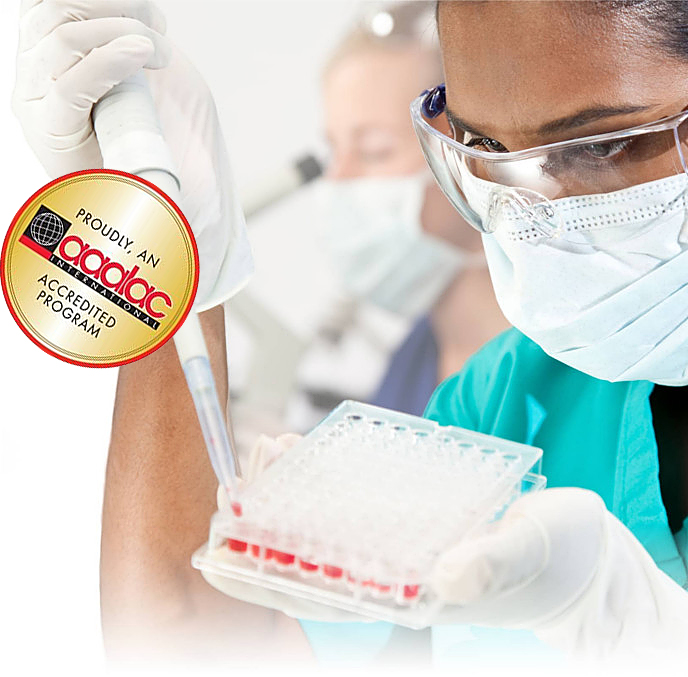
Radiolabeling & In Vivo ADME / PK Contracted Studies
You can now request quotes for our research services on BioIVT.com!
Whether you need a single assay or a complete ADME program, BioIVT’s experts will help design and implement the appropriate studies for your drug and research objectives. View BioIVT’s comprehensive portfolio of ADME research services.
We offer a full suite of in vivo (‘in animal’) ADME (absorption, distribution, metabolism, and excretion) and PK (pharmacokinetic) services, featuring an in vivo team with over 50 years of experience. Our partners in ADME, including the Drug Development Solutions Center, specialize in using radiolabeled compounds and safe, ethical practices in animal studies for a drug’s nonclinical development pipeline.
The Drug Development Solutions Center (DDSC), maintains an AAALAC International-accredited facility with clean rooms for cell culture, an animal care vivarium, and a large variety of instrumentation to perform both radiolabeled and unlabeled IND-enabling (Investigational New Drug application) studies to support your compound’s development. Performing radiolabeled compound synthesis at an early stage allows drug developers to make informed decisions about committing resources to the development of a chemical entity for commercial application, thereby reducing financial risk.
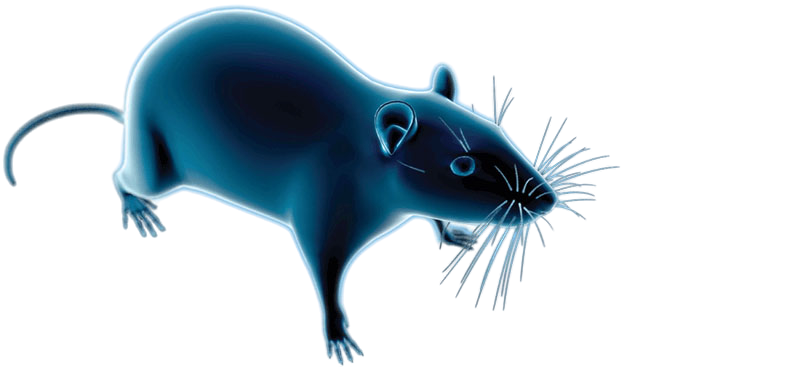
In Vivo Services We Offer
Radiolabeled Compound Synthesis
Our patrners’ Radioisotope (RI) Labeling capabilities allow synthesis of a drug compound with radioisotope ‘tag’ attachment at a metabolically stable site on the investigational drug used in nonclinical and clinical drug development.
Tissue Distribution
Tissue Distribution studies include QWBA, tissue dissection and microautoradiography methods using qualitative or quantitative detection of radiolabeled compound to elucidate drug accumulation in tissue at successive time points in whole-body or organ-specific sections of a toxicologically-relevant animal species.
Met ID
Met ID (Metabolite Identification) studies are used to determine how many/which metabolites are formed and the percent of parent exposure (AUC), which complement in vitro species comparison data to determine whether human-specific metabolites are formed through the metabolism of a drug.
Excretion
Excretion studies, including mass balance and biliary excretion, analyze radiolabeled compounds in urine, feces, expired air, and carcass in toxicologically-relevant species to characterize a drug’s excretion path and rate.
Pharmacokinetics
Pharmacokinetic (PK) studies provide exposure (AUC) data by measuring radiolabeled or non-labeled compound presence in plasma from treated laboratory animals; ‘hot’ (radiolabeled) studies can yield more complete information than cold studies by including metabolite concentration in a toxicologically-relevant preclinical species.
Plasma Protein Binding
In Vivo Plasma Protein Binding studies measure free drug concentration (unbound to proteins) in plasma of toxicologically-relevant species following administration of radiolabeled or unlabeled drug compound.
Our Approach to In Vivo ADME & PK Preclinical Studies
The Drug Development Solutions Center is a specialty contract research organization (CRO) with more than 50 years of experience in radiolabeled ADME studies and facility accreditation to meet regulatory standards for regulatory nonclinical data submission. Through our partnership, each in vivo contracted study is planned and managed with the assistance of our XenoTech team, known for excellent customer support and study management experience.
We pride ourselves on short turnaround time and competitive pricing, even when distance presents a challenge.
Shipping and handling radioactive materials between countries can be difficult, especially considering the purity that must be validated and maintained to assure quality results, but our experienced team has a thorough understanding of Japanese customs regulations, and will facilitate fast, safe and careful transport of materials to ensure clients’ compounds are protected.
The level of expertise held by the Drug Development Solutions Center team translates to more efficiency in processes to radiolabel compounds, and because pricing of radiochemical services is informed in large part by steps in these processes, saving you money and time. Read more in our blog about how we make it easy to work with the Drug Development Solutions Center for your in vivo nonclinical services.
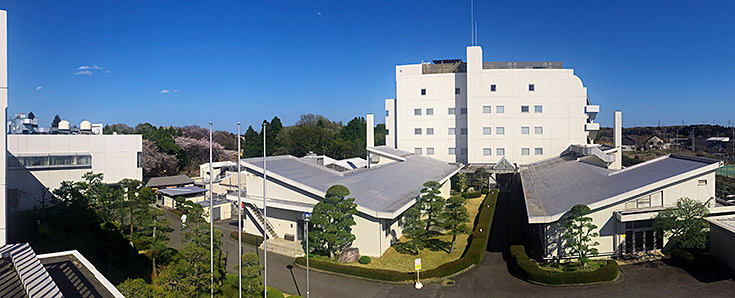
Regulatory Compliance
Studies conducted at Drug Development Solutions Center also meet or exceed standards required by regulatory authorities, including FDA and EMA, just as with our Kansas City campus. While in the United States, there is no method by which an institution can claim certified compliance with Good Laboratory Practice (GLP) standards, the PMDA can grant certification following an inspection that approves a Japanese facility as GLP-compliant in specific practices. The Drug Development Solutions Center has this certification for all bioanalytical services, a critical component of many animal studies. The Center is also certified by AAALAC International for ethical use of animals in research so you can be sure services exceed quality standards required by the FDA upon IND or NDA submission.
